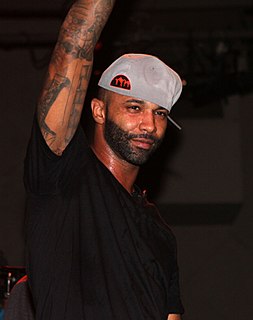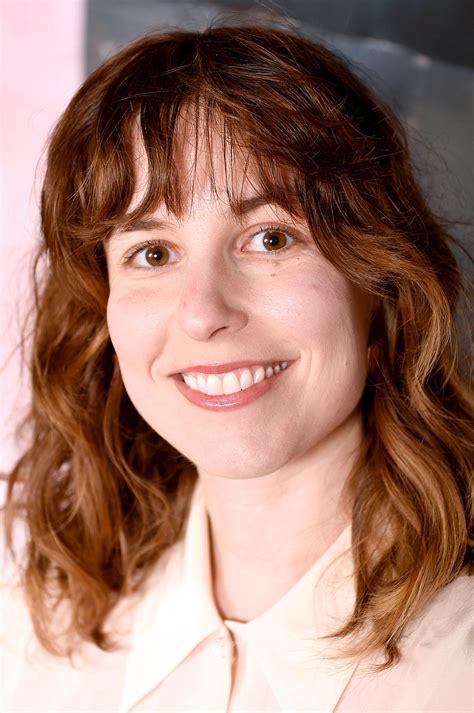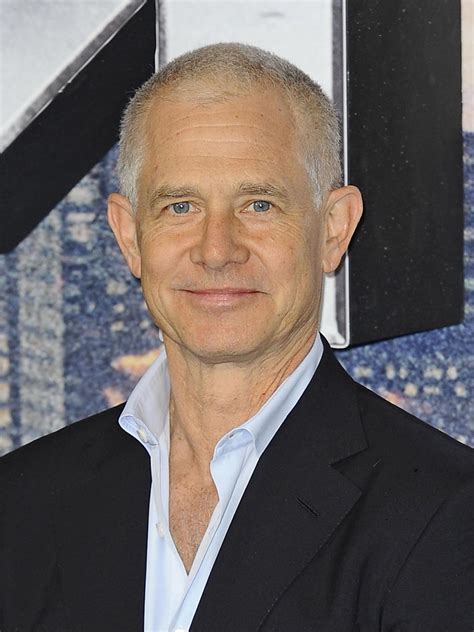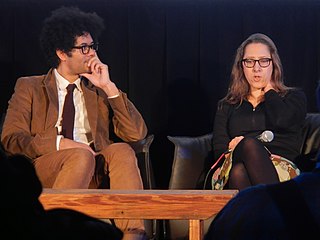A Quote by Bryce Dallas Howard
Getting to have an opportunity to tell a story that is about mental illness and how it affects one's self and one's community was really something that really meant a lot to me.
Related Quotes
I will do plays as long as they're interested in having me do them. It's the biggest opportunity to learn the most about how to act. Something I discover every time I'm doing one is how little I know about acting - how important the art of listening is, and how important it is to listen with your entire body. You can tell so much of a story with stillness, and a lot of that can be from really actively listening to your scene partner.
The fact that Edward Snowden didn't approach the New York Times hurt a lot. It meant two things. Morally, it meant that somebody with a big story to tell didn't think we were the place to go, and that's painful. And then it also meant that we got beaten on what was arguably the biggest national security story in many, many years. Not only beaten by the Guardian, because he went to the Guardian, but beaten by the Post, because he went to a writer from the Post. We tried to catch up and did some really good stories that I feel good about. But it was really, really, really painful.
When we understand that we are a human race, what affects you affects me, what affects her affects you and so on and so on, then we'll look at this thing [HIV/AIDS] for what it really is. It's a disease that's out to kill all of us. What will make it continue is our prejudices, our ideas about it, and the fact that we don't look at ourselves as one giant community.
I don't think there's a right or wrong things in your style. It's about how you clearly reflect who you are; how you more clearly tell the story. Who are you? How do you want to transmit that to the world, and how do you more clearly say that? Then I have a philosophy, FFPS: fit, fabric, proportion, and silhouette. Proportion's everything, really, knowing your body and understanding that. Those things have been really crucial for me. It's about being clear about the story you want to tell to the world about who you are - and maybe a little bit of FFPS.
A lot of people started asking me about this woman director thing, which I never thought about before. And I'd never really thought about how there aren't really many female directors. I knew it, but I'd never really sat down and thought about the implications of that, and what it meant for a woman to make a movie, and how it's viewed differently when a woman makes a movie about women.
I think the key for us is really letting the stories we feel are best told to kind of dictate where we go. When we find a story we really believe is one that should be told, how do we best tell it and you know what do we need to tell that story most effectively? I think to the good, the universe is such that there are a lot of options, there a lot of opportunities. So that's kind of what's guiding us.
But when I say it isn't meant for anyone's eyes, I don't mean it in the sense of one of those novel manuscripts people keep in a drawer, insisting they don't care if anyone else ever reads it or not.The people I have known who do that, I am convinced, have no faith in themselves as writers and know, deep down, that the novel is flawed, that they don't know how to tell the story, or they don't understand what the story is, or they haven't really got a story to tell. The manuscript in the drawer is the story.




































